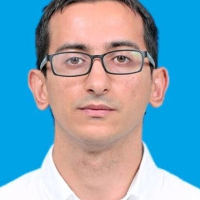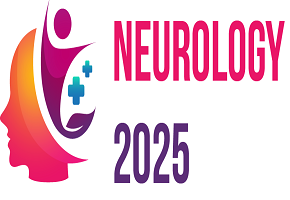Neurology & Neurological Disorders
Neurology 2025
- Home
- Scientific Program

Shanghai Jiao Tong University, China
Abstract:
Novel approaches for detecting Tardive Dyskinesia are revolutionizing the field of mental health diagnostics. By integrating cutting-edge technology and advanced algorithms, researchers have unveiled a pioneering method that promises a paradigm shift in identifying this debilitating condition.
Gone are the days of solely relying on traditional assessments. The introduction of AI-driven systems capable of analyzing subtle motor abnormalities with unparalleled accuracy has opened new avenues for early detection and intervention. These systems delve deep into intricate movement patterns, uncovering elusive signs that evade conventional examinations.
Biography:
Kadir Uludag holds Ph.D. in Applied psychology (Chinese Academy of Sciences). He is currently doing postdoc in Shanghai Jiaotong University Mental Health Center. His research interest includes schizophrenia research, drug addiction and educational psychology. In addition, he runs a website to share and comment on peer-reviewed articles (ifx0.com).
Evolve a road map to explore solutions to your next-generation science and technology challenges at a place where scientists, clinicians, scholars, academicians, and policymakers shake hands to strategize visionary ideas and life-saving formulas. Be part of the dynamic forum that knows no boundaries to mastermind breakthroughs that the digital age is awaiting.
Contact Us
Scitechseries Publishing Limited
71-75, Shelton, Covent Garden
London, WC2H 9JQ
Email: neurology@scitechconference.com
Phone: +44 2045874848
WhatsApp: +44 2045250803
Sponsor/Exhibition:
Email: sponsorship@scitechseries.com
